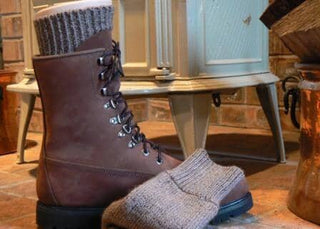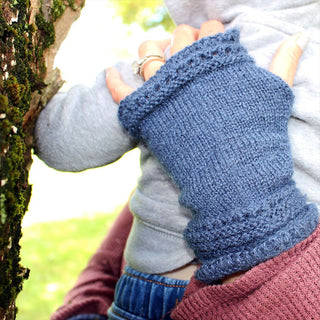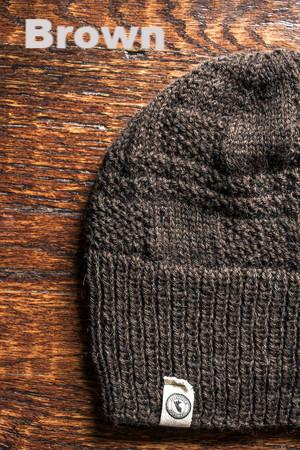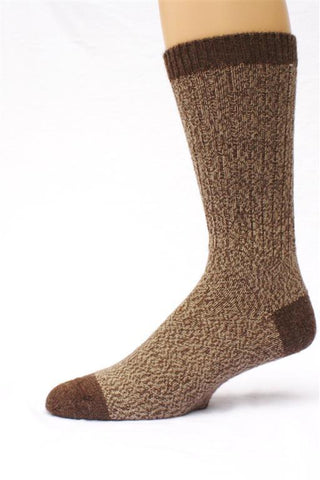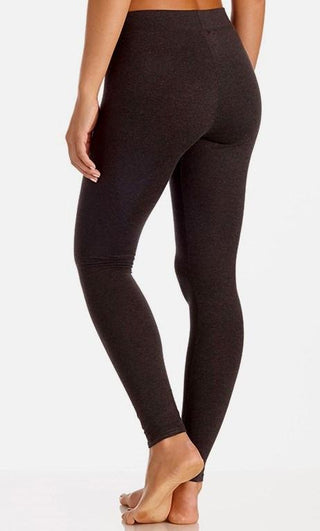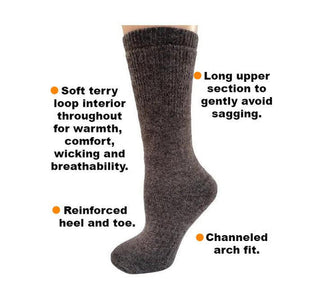What's so special about alpaca?
You may have wondered, "What's so special about alpaca?"
There are many aspects of alpaca that differentiate it from other animals and its luxurious fiber from other fibers.
Meet The Alpaca
Tip: Jump to minute 17:00 for the start of a interesting video about alpacas and the American market.
Alpaca Fiber
Alpaca fiber has a naturally wonderful handle, a soft and comforting feel that you can wear next to your skin.
Alpaca is warmer and stronger than the fiber of other mammals, light weight, and quite water resistant.
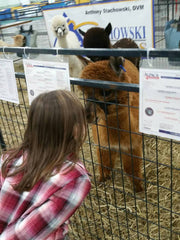
Alpaca is warmer than sheep wool
Yocum-McCall Testing Laboratories has shown alpaca to be three times warmer than sheep’s wool. Alpaca is more heavily medullated, tiny hollow areas in the centers of the fiber which work as an advanced insulator while making alpaca lighter in weight than many other fibers.
Another study showed that if worn in a 0 degree F environment, alpaca would give a 50 degree F comfort range. Sheep’s wool would provide a 30 degree F comfort range in the same environment.
Alpaca is naturally water resistant. Wear a vest of jacket made out of alpaca and watch the rain just run off of it, naturally!
Smell great in alpaca
Alpaca naturally is also odor resistant. This is a fun aspect of wearing alpaca socks! Put them to the multi-day-no-wash-test! Let us know how long you went! :)

Alpaca is toxin free
Alpaca is lanolin free, unlike sheep wool. Lanolin is the oil in sheep wool which can cause severe allergies in some people.
Alpaca is easier to process and does not require polluting chemicals to remove the lanolin oil. Even with the harsh washing, many people are still allergic to the leftover oils in sheep wool. Not a problem with alpaca, because it was never there to begin with! Alpaca can be simply washed in gentle laundry detergent or even gentle hair shampoo(it's a hair, afterall).
Also, alpaca fibers are smoother than those on the fibers of other mammals.
Alpaca is more hypoallergenic. People who cannot wear wool often can wear alpaca with no allergic reactions or "prickle" reaction or feeling.
The smooth quality of alpaca fiber make alpaca garments more resistant to pilling (those little fuzzballs that form on wool clothing).
Alpaca is naturally flame resistant!
A top choice for firemen! It won't melt into your skin if exposed to high temperatures.
Alpaca is more resistant to wrinkling, shrinking or felting than cashmere. With good care, alpaca garments can last a lifetime, perhaps becoming a family heirloom!
Alpaca is productive
Processing yields for alpaca is as high as 95% with alpaca which can be twice as high as sheep wool.
There are two types of alpacas. Huacayas have crimpy, bundled fiber and a fluffy look when in full fleece. Suri fleece falls in long, lustrous locks or ringlets which move freely as the animal walks. Under the microscope, it can be seen that the surface structure of suri fiber is lower than that of huacaya fiber and the height of the scales of huacaya fiber is slightly higher and has a steeper edge angle than that of suri fiber. This gives suri fiber a slicker, softer hand than huacaya.
Alpaca is naturally colorful
Alpaca comes in 22 gorgeous natural colors ranging from white to true black and including delicate beiges, vicuna-like fawns, luscious rich browns and a full range of grays. For those who want other colors, alpaca accepts dye beautifully.
Alpaca is efficient and healthy
Alpaca is a versatile, warm, strong, water resistant fiber which is produced on a gentle, hardy animal. Alpacas are ‘green’ animals, easy keepers that are light on the land, having soft padded feet with toes rather than hooves. This makes alpacas extremely friendly for the environment and ideal fiber animals to raise on small acreage.
The Peaceful, Adorable, Earth Loving Alpaca

There are a lot of unique and useful aspects to the lovable alpaca!
Further reading:
* What is "Baby" alpaca wool fiber?
* Why your next sweater should be Alpaca and not Cashmere
Thanks for reading!
PurelyAlpaca.com



